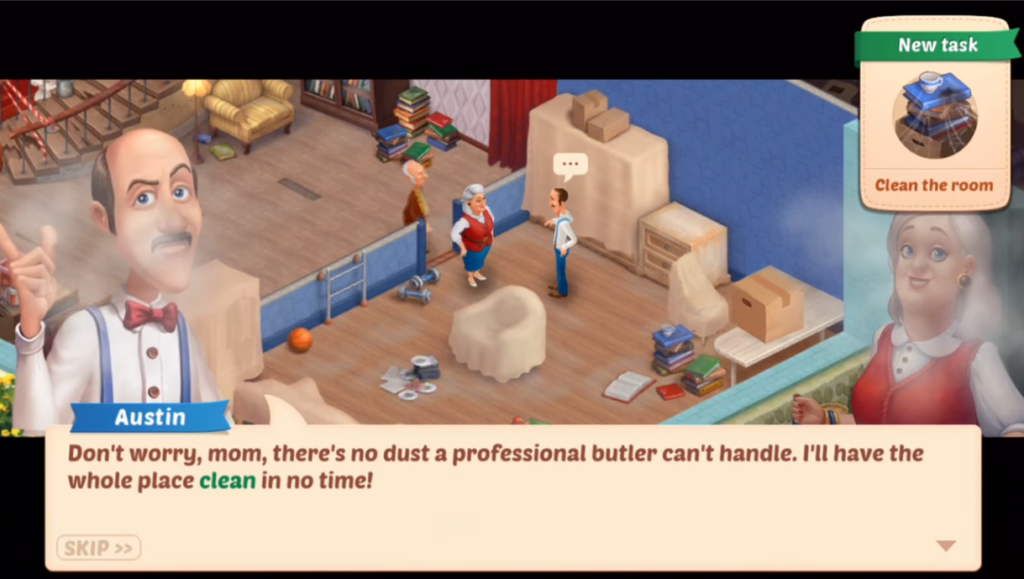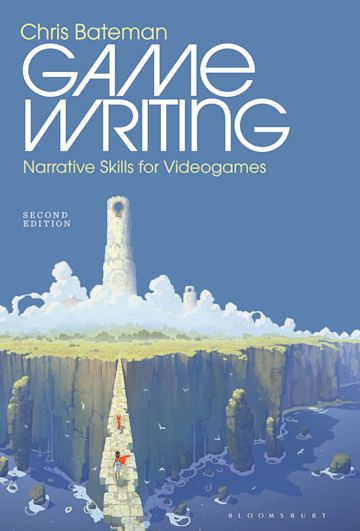I am completing this week the fall edition of The Narrative Department, by Susan ‘O Connor. Each Wednesday we have a writing prompt from her. I want to share with you the result of yesterday’s writing prompt.
Prompt
Write about why you like stories in games! You can talk generally, talk about a specific game, talk about what you like about writing, etc. Think of it like talking with a friend who shares your enthusiasm.
Text
I like stories because they make me connect with the activity that I am doing while playing. Every game, also Tetris, tells a story to me. But when I see a written story I can appreciate the dedication of human beings behind that craft. I appreciate that because I admire other human beings like me at the end. I believe that these abilities are Gifts so that make me connect more with God and all creation.
When I see a bad story or a story badly delivered, somehow I am happy that the story is still there. For example, in the mobile games that I play often I skip dialogues entirely and I feel that I lose part of the story somehow. That feeling can be a little frustrating, too. I do it anyway, but with the sensation that something is missing from my experience. Which tells me that the story is still important to me.
I am playing Horizon Forbidden West now. At the start I followed all the branches in dialogues with NPCs, now I want to complete the game so that I am skipping most of the optional dialogues. I have to say that part could be improved a lot, because the dialogues do not add too much to the experience. I like more when a dialogue has a meaning and delivers me something apart from just more context. Often it is better to deliver a story with less words, to me. Also if I imagine that there is a type of Player who likes to read everything and hear a lot. I respect that, but still I think that there is a margin of improvement.
I like when the game is delivering you a story, because oftentimes you are not interacting with the game during the delivery itself. In dialogues, cutscenes and so on. It’s a way to distress my brain, and I like to have that moment of breath. A game to be memorable should offer many levels of intensity at any moment.
I remember in The Last of Us the feelings that I had moment to moment. Appreciating all that work was great, made me love even more video games. Made me feel more engaged with the team that made that game.

